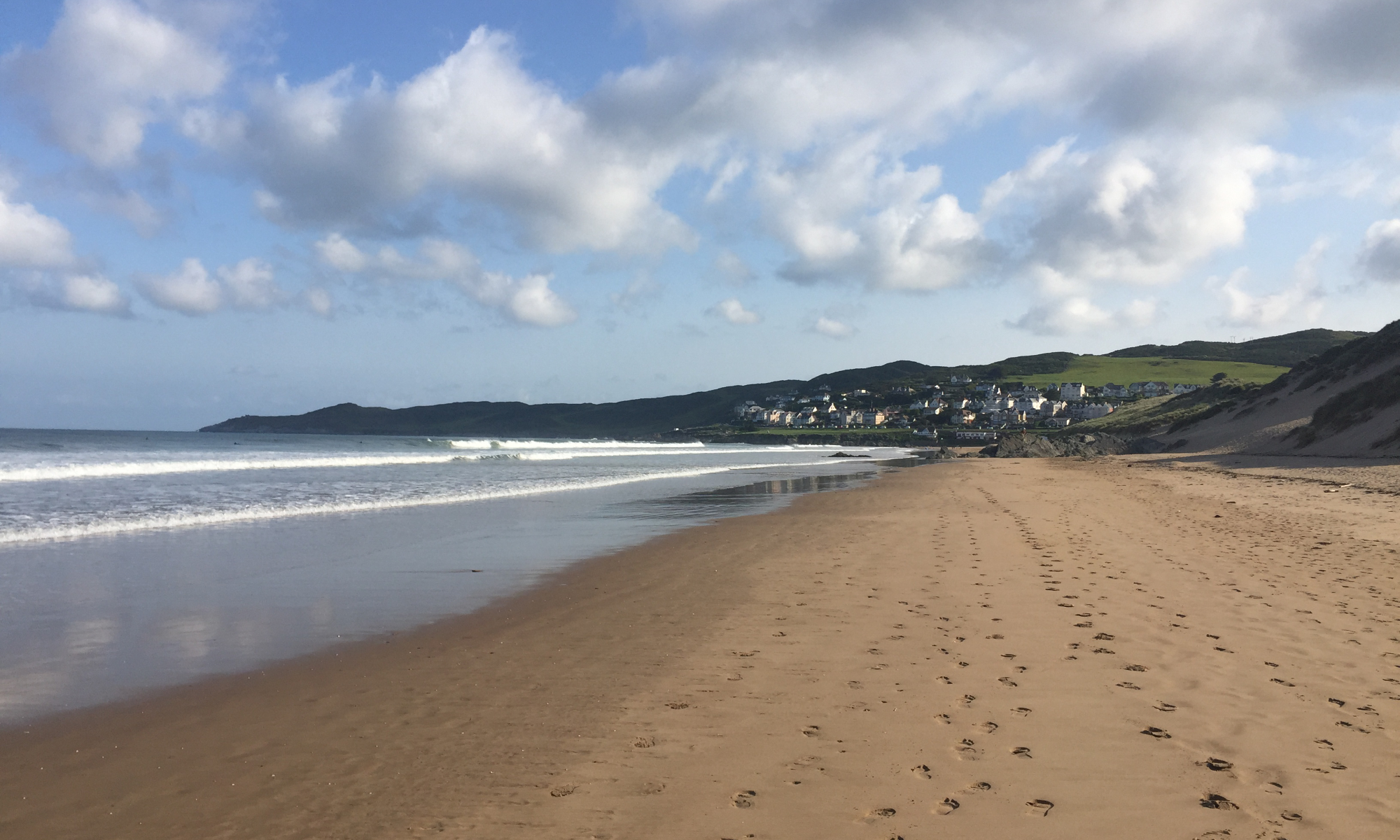Before my Achalasia diagnosis was confirmed in mid-October 2016, I was struggling to cope with a lack of sleep and began to feel quite desperate. I had started to wake up choking on clear mucus or regurgitated food. This became more and more frequent and eventually it occurred multiple times per night.
Once awake, after such an event, I wouldn’t be able to get back to sleep because the regurgitation had irritated my throat and sinuses causing me to produce more clear mucus and to cough continuously. A vicious spiral had started. Things were getting so bad that I dreaded going to bed and I was not getting much more than an hour’s sleep per night. I would frequently give up trying to sleep and go downstairs to make a cup of tea, sit in a reclining chair and then read a book.
Initial Consultation with the GI Surgeon
Things changed once I had met the surgeon who is scheduled to perform my surgery in January 2017. He suggested that I should lose between a stone (6.35kg) and a stone and a half (9.5kg) in weight. This will make it easier for him to do his job and also to make my recovery smoother. He also told me to stop eating bread, both before and after the surgery, as it is the single worst food for people with swallowing problems.
At the time of my diagnosis I weighed 14st 21b (90kg). As I am 6ft 1in (1.86m) tall that translates to a BMI of 26. Anything over a BMI of 25 is classed by the NHS as overweight. A healthy weight for someone my height should be between 10st 1lb (63.5kg) and 13st 9lb (86.5kg). At the time of writing I am down to 13st 5lb (85kg) which represents a loss of 11lb (5kg). In the next month or so I hope lose some more weight and get close to the target my surgeon set for me. That is 12st 9lb (80kg).
Reducing the Regurgitations
At around about the same time I went to see my GP to see if there was anything he could do to help me sleep better. He gave me a prescription for Gaviscon Advance to settle the contents of my oesophagus and reduce the coughing I was experiencing at night.
Having read numerous blogs written by achalasia sufferers I learnt that sleeping on an incline should reduce the regurgitations. I thought great. I already have an adjustable bed which allows me to raise both my head and my feet, so I am sorted. However, I found I kept turning on to my side and my head would slip down the bed and I would still wake up choking. My wife then suggested I should switch my standard rectangular pillow for a V shaped pillow. After trying a soft V shaped pillow, which didn’t provide much support to stop me rolling over, I bought a firm one which does prevent my head from moving around. I am now able to sleep on my back, with my head raised above my stomach, and get up to 7 hours sleep a night. I still probably wake once per night but the choking has pretty much been eliminated and coughing has been reduced to tolerable levels. If I do start coughing now, I have a strategy to get back to sleep. If my oesophagus is making me burp, I take some Gaviscon. If I’m coughing, I raise my head a little higher and take a couple a paracetamols with water. Usually I can be back asleep within 10 – 15 mins.
The following are my tips for getting a good night sleep:
Sleep on your Back with your Head Elevated
I use the following:
- An Adjustamatic Heritage bed
- raise your head approximately 12in (30cm) higher than your stomach
- raise your legs up to prevent yourself from slipping down the bed

- Replace standard pillow with firm V Shape Pillow. I bought mine from the Range.
- prevents turning over on to side
Adjust your Diet and Eating Habits
- No Bread!
- Avoid raw fruit and vegetables with skins or pips that are hard to break down by chewing
- Don’t eat or drink anything for 4 hours prior to bed time
- Take 2 x teaspoons of Gaviscon Advance after all meals
- Drink plenty of water and hot drinks throughout the day. I have the following:
- filtered water (at least a pint with every meal)
- breakfast tea
- green tea (occasionally)
- nespresso coffee with steamed milk (mid-morning and early afternoon – but not after 4pm)
- Avoid gassy drinks, e.g. lager beers, sparkling wine, lemonade etc
Recovery from a Regurgitation Event at Night
- Increase elevation of head v stomach
- Take 2 x teaspoons of Gaviscon Advance, if burping a lot
- Take 2 x paracetamol with water to treat inflammation caused by any resulting coughing episode – make sure they don’t get stuck in your throat, though!
Weight Loss Diet
I am currently trying to lose weight, as per my surgeon’s direction, and at the same time keen not to aggravate my achalasia. I realise I am extremely lucky that losing weight is a choice I can make and not forced on me due to my condition. I have read lots of blogs of achalasia sufferers who have trouble maintaining their weight, and who can’t keep any solids down.
Here is a sample of the typical meals I eat currently. The central premise is to not mix carbohydrate and fat/protein in the same meal. Please note that I don’t snack between meals. I find this diet easy to follow and I successfully used it 10 years ago to lose 3 st (19kg) when I was at my heaviest and realising I had to something to shift the weight.
- Breakfast
- Porridge with a little added milk and flax seed for added Omega 3, or
- 2 x eggs (poached, scrambled or fried), lean bacon or smoked salmon, fried tomato, mushrooms and half an avocado
- Lunch
- Grilled chicken breast with steamed carrots, swede, cabbage, peas, broccoli etc
- Meat lasagne (staple meal when dining out)
- 2 x egg omelette (if eggs not eaten for breakfast) with cheese and mushroom filling accompanied by steamed vegetables
- Dinner
- Soup – pretty much anything as long as it’s liquidised!
- Meat lasagna (if dining out and staying up late!)
- Occasional real ale (e.g. London Pride) or glass of red wine with a meal, and possibly another straight after the meal
I’d be interested to hear your views on the above and your tips for coping with achalasia.


Hi
Really great to read your blog. I have Achalasia and am 2hrs lost HM.
My consultant wants me to lose at least 2 stone by the time he sees me next September but struggling. Do you follow a diet plan ?
Thanks,Lou
Hi Louise, I don’t follow any specific diet plan. However, my wife is a vegetarian and we try to eat healthily and avoid processed foods. I lost about 3 stones in the last few months before my HM. After the op I didn’t put much weight on initially but I carried on with the little and often diet forced on us by Achalasia. As I started to regain my energy and was able to eat more normal meals, the weight started to go back on. I’ve put back on 2 stones of the weight I lost. I still to this day, 3.5 years post HM, feel the urge to snack between meals and it’s a constant battle to maintain a sensible weight. I’d love to lose a stone but I can’t see it happening any time soon. Good luck with the diet!